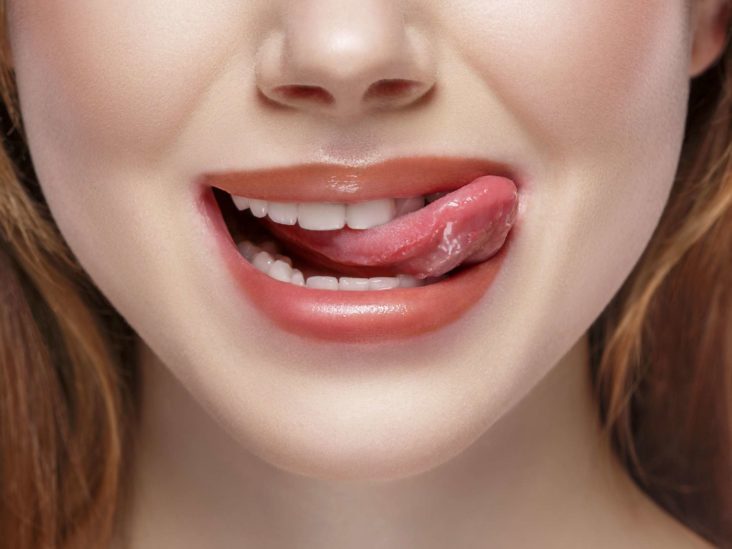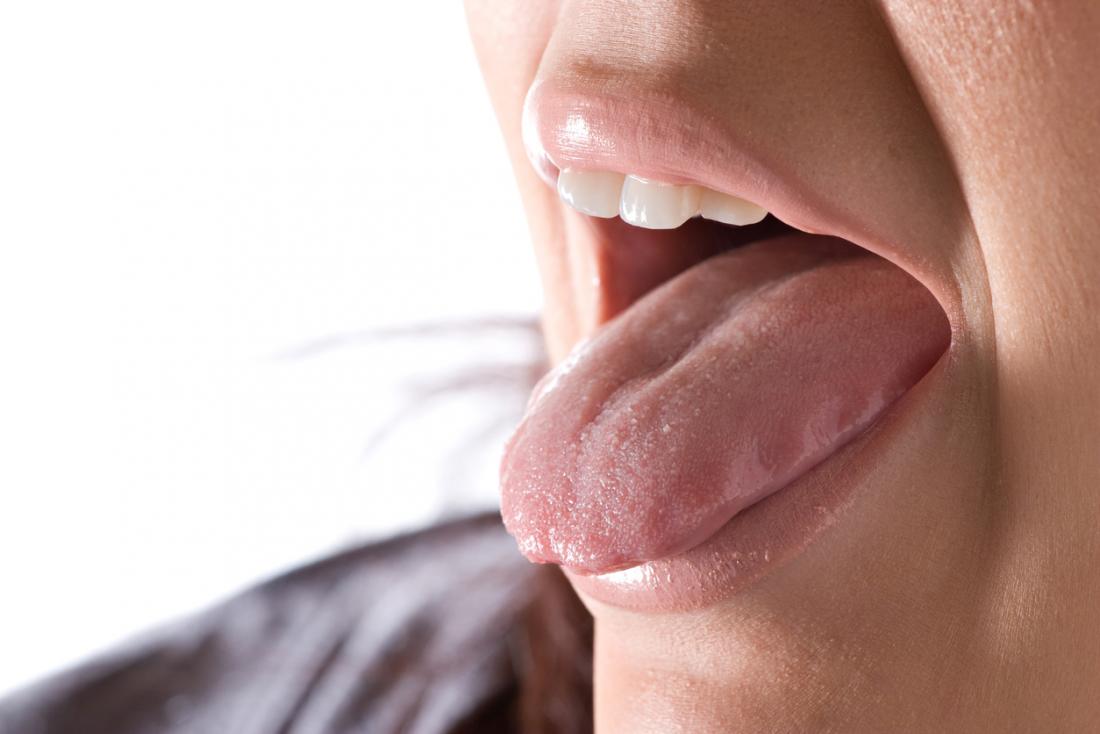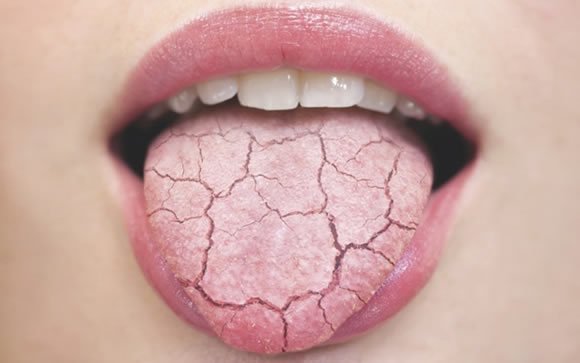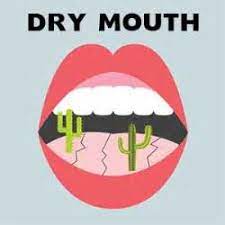best natural remedies for dry mouth
How to Combat Dry Mouth
- Water: Maybe the most evident choice, water is important for keeping your mouth moisturized. Carry a water bottle with you as well as take tiny sips throughout the day.

Dry Mouth Natural Remedies
Dry mouth, also known as xerostomia, occurs when there is a decrease in saliva production. This can happen for a variety of reasons, such as due to certain medications, medical conditions or treatments, dehydration, or simply getting older. Dry mouth can lead to a number of problems, such as an increased risk of tooth decay and infection, difficulty speaking and eating, and a feeling of overall discomfort. There are a few things that can be done to help relieve dry mouth, such as sipping on water throughout the day, chewing sugar-free gum or lozenges, avoiding tobacco products, and using a humidifier. If these measures don't help, it's important to see a doctor or dentist to find out if there is an underlying cause that needs to be treated.
How to Get Rid of Dry Mouth at Night
When your mind is continuously competing as well as you're bothered with whatever from the past, existing as well as future, it's tough to unwind sufficient to drop off to sleep. This absence of relaxation can dry out your mouth and also leave you really feeling parched all evening long. If you're having problem with completely dry mouth in the evening, there are a couple of things you can do to help ease the signs.


dry mouth relief at night
- Beverage lots of fluids: Maintaining the body hydrated will certainly aid to stop dry mouth.
dry mouth relief natural
A dry mouth oral rinse is an important tool for people who suffer from dry mouth. Dry mouth is a condition in which the salivary glands do not produce enough saliva to keep the mouth moist. This can cause problems with eating, drinking, and speaking. It can also lead to increased risk of tooth decay and gum disease. A dry mouth oral rinse can help to relieve the symptoms of dry mouth by keeping the mouth moist and reducing inflammation. There are many different brands and formulations of dry mouth oral rinses available, so it is important to choose one that is right for you. Be sure to follow the instructions on the package carefully. Rinse your mouth with the rinse for 30 seconds to 1 minute, then spit it out. Do not swallow the rinse. You should use the rinse 2-3 times per day, or as directed by your doctor.

dry mouth relief home remedy
It's no secret that our mouths produce saliva. In fact, the average person produces about two to four pints of saliva each day! While saliva may not seem like a big deal, it actually plays a vital role in keeping our mouths healthy. Saliva helps to keep our teeth clean, prevents infection, and aids in the digestive process. Dry mouth occurs when our mouths don't produce enough saliva. This can be a side effect of certain medications, a result of certain medical conditions, or simply due to dehydration. While there are many ways to treat dry mouth, one of the most effective is to use a dry mouth spray. Dry mouth sprays work by increasing saliva production and helping to keep the mouth moist. They are available over the counter and can provide relief from dry mouth symptoms within minutes. If you suffer from dry mouth, consider trying a drymouth spray to help keep your mouth healthy and prevent discomfort.
dry mouth relief spray
If dry mouth at night is persistent or bothers you, talk to your doctor or dentist to find out if there's an underlying cause.

How Can I Increase Saliva In My Mouth?
Sucking and chewing both encourage salivation.
Consider ice pops or ice cubes without sugar.
Gum without sugar or hard candies without sugar that contains xylitol.
Try drymouthpro oral rinse. It helps to increase saliva production.
What Foods Help With Dry Mouth?
Soft natural foods like soups, canned fruits, soft cooked/blended veggies like carrots or celery, mashed potatoes, soft-cooked pasta, oats, ice cream, pudding, and popsicles are other examples of soft foods that are beneficial for those with dry mouth.
How Do You Get Rid Of Dry Mouth?
To increase saliva production, chew sugar-free gum or savor sugar-free hard candies.
Reduce your caffeine intake because it can dry up your mouth.
Alcohol-containing mouthwashes should not be used as they can be drying.
If you chew tobacco or if you smoke, stop immediately.
Drink water frequently. Use DrymouthPro oral rinse, it is the most effective remedy.
How Do You Get Rid Of A Dry Mouth Overnight?
Treatments for Dry Mouth at Night
To add moisture to the air at night, use a humidifier.
To stay hydrated, sip lots of water throughout the day.
Use drymouthpro oral rinse. It is a moisturizing mouth mouthwash; stay away from alcohol-containing ones. Eat nothing spicy, acidic, or sweet before going to bed.
Is Dry Mouth A Serious Problem?
On its own, dry mouth is not a major medical condition.
However, it might occasionally be a sign of a different illness that needs medical attention.
Additionally, issues like tooth decay and ulcers in the mouth may result.
What Causes Dry Mouth All Of A Sudden?
Dry mouth may be caused by autoimmune disorders like Sjogren's syndrome or HIV/AIDS, as well as by ailments like diabetes, stroke, oral yeast infection (thrush), Alzheimer's disease, or other health conditions.
Additionally, mouth breathing and snoring can cause dry mouth.
Is Dry Mouth A Symptom Of Diabetes?
Dry mouth is a common symptom of high blood sugar in diabetics.
Sometimes the first obvious sign of diabetes is dry mouth.
Speak with your healthcare physician if you experience dry mouth and suspect you may have diabetes.
Can Stress And Anxiety Cause A Dry Mouth?
Stress can have a variety of physical effects on your body and raise your risk of acquiring a wide range of diseases, including dry mouth.
Dry mouth can result from stress and anxiety, according to the Journal of Dental Research, Dental Clinics, and Dental Prospects.
Does Lemon Water Help With Dry Mouth?
Lemon is a well-known natural treatment for dry mouth because of its citric acid concentration and tart flavor.
Will Dry Mouth Go Away?
Drink water: Drinking enough of water can keep you hydrated and ease dry mouth.
According to studies, dehydration may contribute to dry mouth.
Increased water consumption can aid in the treatment of mild dehydration.